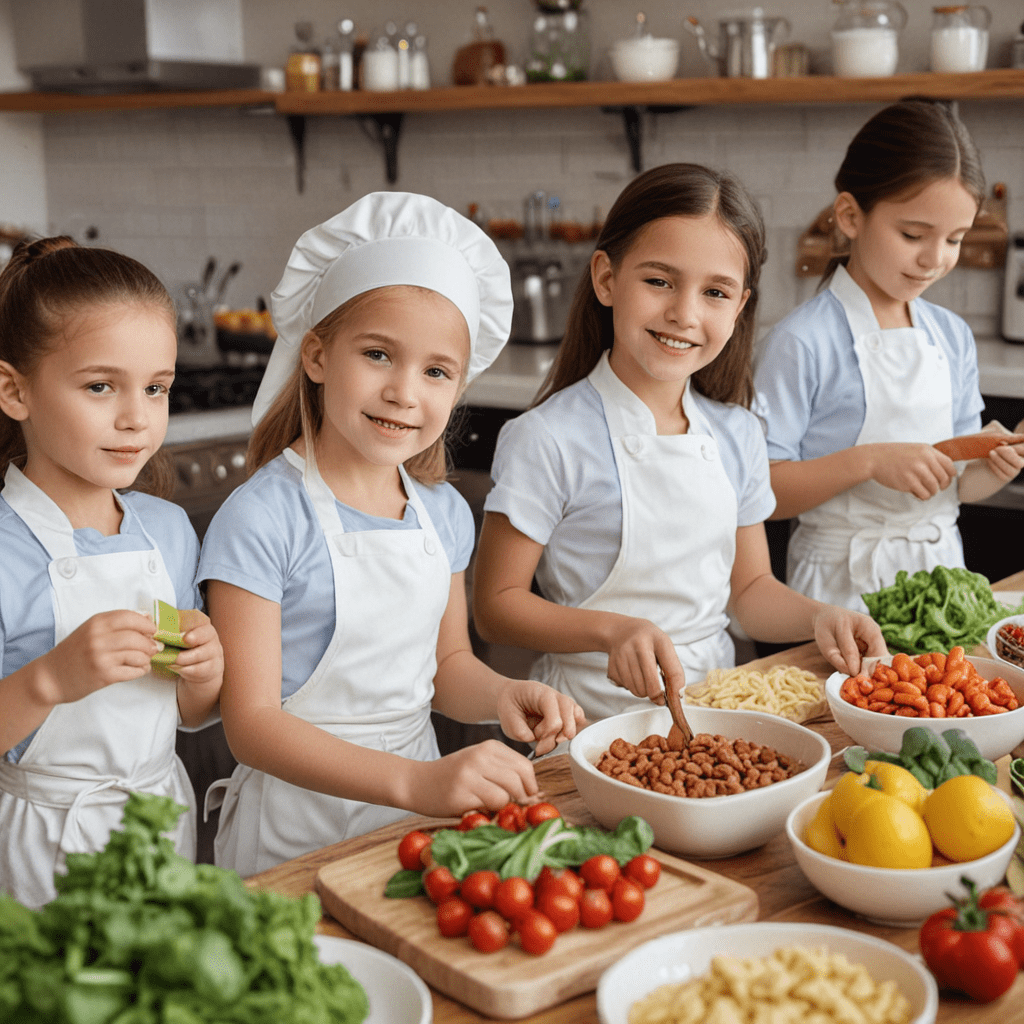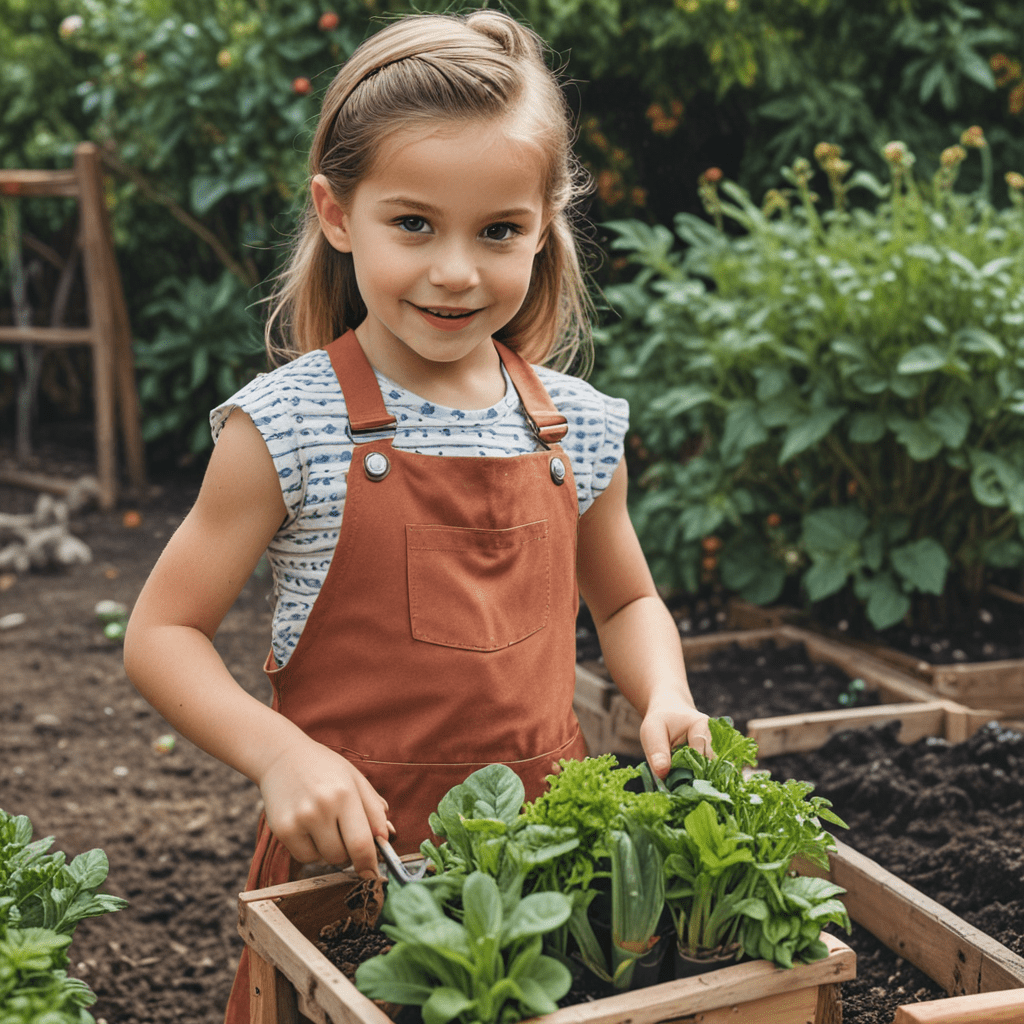
Introduction:
Importance of Nutrition Education for Children
Nutrition plays a crucial role in the health and well-being of children, yet many lack a fundamental understanding of it. Poor dietary habits can lead to chronic diseases, impaired cognitive function, and developmental issues. Nutrition education empowers children with the knowledge and skills to make informed food choices and establish healthy eating patterns that will benefit them throughout their lives.
Role of Cooking Classes in Nutrition Education
Cooking classes offer a unique and engaging medium for nutrition education. By actively participating in food preparation and experiencing firsthand the taste and texture of different ingredients, children develop a deeper understanding of food and its nutritional value. Cooking classes provide a practical and enjoyable way to instill healthy eating habits that can last a lifetime.
Objectives of Nutrition Classes:
Understanding Food Groups and Nutrient Requirements
Nutrition classes for kids introduce the basic food groups and their corresponding nutrients. Children learn about carbohydrates, proteins, fats, vitamins, and minerals, and how they contribute to overall health. They also discover the importance of variety and balance in their diets.
Developing Basic Culinary Skills
Cooking classes equip children with fundamental culinary skills that empower them in the kitchen. They learn knife handling, measuring, mixing, and other techniques essential for preparing healthy and nutritious meals. By practicing these skills, children gain confidence and independence in the kitchen, fostering a greater appreciation for cooking and food.
Sensory Exploration and Food Tasting:
Engaging Children through Taste, Smell, and Texture
Cooking classes provide an ideal setting for sensory exploration and food tasting. Children are encouraged to use all their senses to experience different foods. They learn to identify and appreciate the taste, smell, and texture of various ingredients, fostering a greater understanding of food diversity. Cooking classes also introduce children to new and exotic flavors, expanding their culinary horizons and promoting a sense of adventure.
Healthy Eating Habits:
Incorporating Nutrition Principles into Recipes
Nutrition education through cooking classes goes beyond teaching basic culinary skills. It also emphasizes healthy eating habits. Children learn how to incorporate fruits, vegetables, and whole grains into their recipes. They also discover how to prepare meals with less salt, sugar, and unhealthy fats. By practicing these principles in a practical setting, children develop a preference for healthy foods and establish a foundation for lifelong healthy eating.
Family Involvement:
Encouraging Parents/Caregivers to Participate
Family involvement is crucial for reinforcing nutrition education at home. Cooking classes encourage parents and caregivers to participate, creating a shared learning experience. Families can work together to prepare healthy meals, experiment with new recipes, and discuss the importance of nutrition. This collaboration fosters a supportive environment where children can develop healthy eating habits and a lifelong love for cooking.
Evaluation and Impact Assessment:
Measuring Changes in Nutrition Knowledge, Skills, and Behaviors
Evaluating the impact of nutrition education through cooking classes is essential to ensure its effectiveness. Assessments can include pre- and post-class surveys to measure changes in nutrition knowledge, skills, and behaviors. Feedback from children, parents, and educators can also provide valuable insights into the program's strengths and areas for improvement. By tracking progress and collecting data, educators can refine their approach and maximize the impact of their classes.
Conclusion:
Summary of Benefits of Nutrition Education through Cooking Classes
Call to Action: Incorporating Cooking Education into School Curricula and Community Programs
Nutrition education through cooking classes is a powerful tool for empowering children with the knowledge, skills, and habits necessary for healthy living. By engaging children through hands-on activities, sensory exploration, and healthy eating principles, cooking classes foster a lifelong appreciation for food and nutrition. Integrating cooking education into school curricula and community programs is a crucial step towards promoting healthy eating habits and improving the overall health and well-being of our children.
FAQ:
Are cooking classes suitable for children of all ages?
Yes, cooking classes can be tailored to different age groups, ensuring age-appropriate content and safety precautions.How can parents support their children's nutrition education at home?
Parents can participate in cooking classes with their children, encourage healthy food choices, and provide opportunities for kitchen experimentation.What are the long-term benefits of nutrition education through cooking classes?
Children who participate in nutrition education through cooking classes are more likely to have healthy eating habits, reduced risk of chronic diseases, and a greater appreciation for food and cooking.


